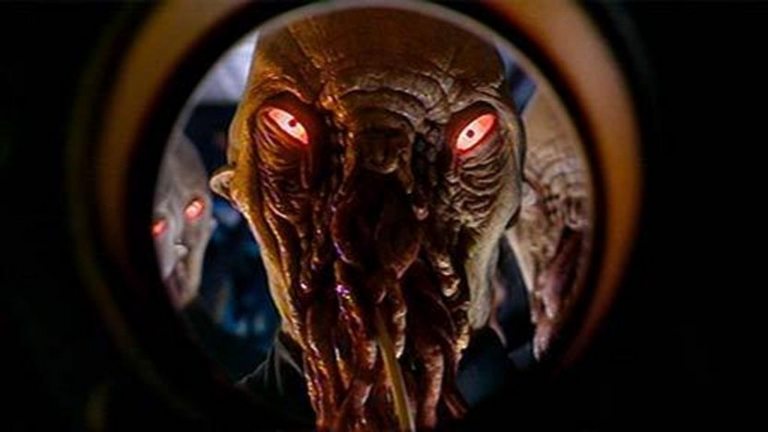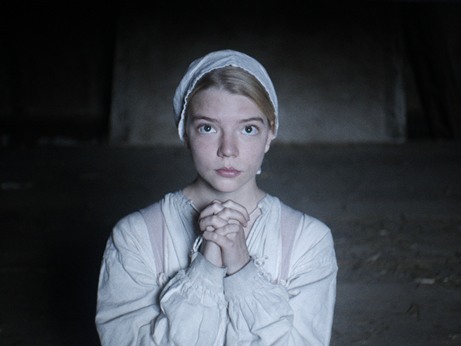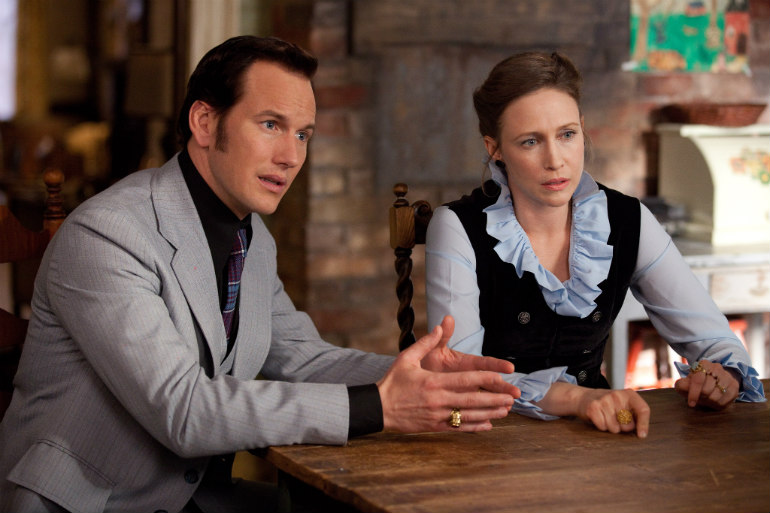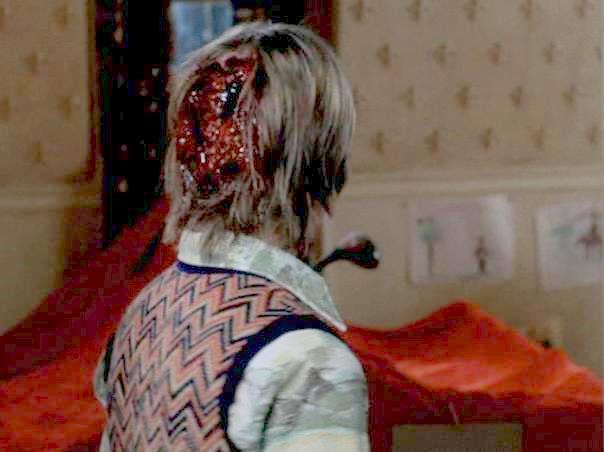Psychic Landscape 3: Properties of the System
This Post is Based on a True Story
 Let’s start on familiar but seemingly irrelevant territory.
Let’s start on familiar but seemingly irrelevant territory.
In the Doctor Who story ‘The Satan Pit’ (and its interesting that this happens in the most openly Horror-inspired story of the new series to that point), the Doctor fights against the possession of the Ood by the Beast, but not against their possession by the humans. He implicitly sees one form of possession – psychic possession by an alien force – as sinister and illegitimate, while seeing another – the reduction of an entire race to owned things, to property – as normal and acceptable, or at least a non-urgent issue. (In a relatively rare example of the new series really doing what it claims to do all the time, this ‘mistake’ on the part of the Doctor does actually come back to bite him later, and he does actually seem to learn from it.) This sort of thing is not unique to the new series, or even to that story within the new series. But why is it that one form of possession is recognised as evil while the other is seen as legitimate, at least arguably so? Why is one opposed and the other passed over in silence? Actually, that isn’t such a big mystery. We normalise horror if it is structural to our lives. The fact that the story ‘The Satan Pit’ seems only dimly aware of a double standard only tells us that we live in a society where even the poor have ‘slaves’ elsewhere in the world, and that culture automatically tends towards legitimising the ruling facts of life, by default.
There’s a more interesting question: why does ‘The Satan Pit’ even put the two concepts together in one story? Dimly aware of the issues, it nevertheless raises them, even if unconsciously, behind its own back, as it were. As suggested, the reason for this is that it draws on the genre of Horror, and grafts some of that genre’s associations onto itself.
But the genre of Horror is generally much less concerned with examining the technical functioning and ramifications of the concepts it plays with than is SF, or even Fantasy. Horror, for all its faults, has the great virtue of being content (or being able to be content) with the unexplained and the numinous, the irrational, and the logic of association. SF and Fantasy trade in such things too, but are always troubled by it. They always worry, as it were, about how the inexplicable works, or at least about their own failure to explain. Horror, based far more directly on unfiltered human psychological unease, is much more content to allow association to stand for explanation. Indeed, Horror will often use the proximity of certain shapes or representations as explanation enough for plot developments, something SF/Fantasy is far more leery of doing. Thus, when SF/Fantasy gets hold of the concept of possession, it tries to parse it in ways that Horror doesn’t bother with. Beyond technobabble explanations, SF tries to separate out and rationalise the various modes or forms of the concept of possession, to categorize them. …

 This post is based on a true story.
This post is based on a true story. This post is based on a true story.
This post is based on a true story.